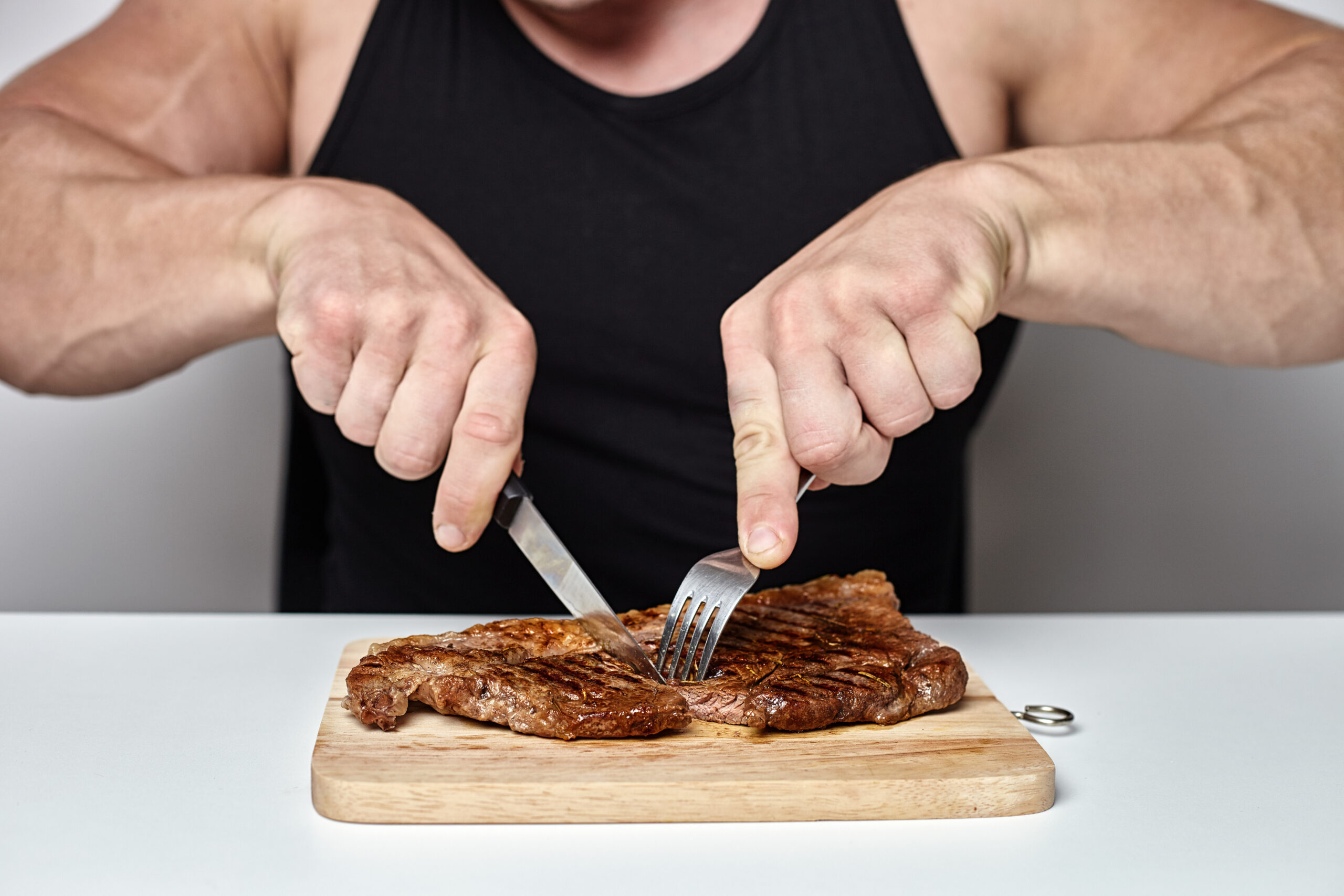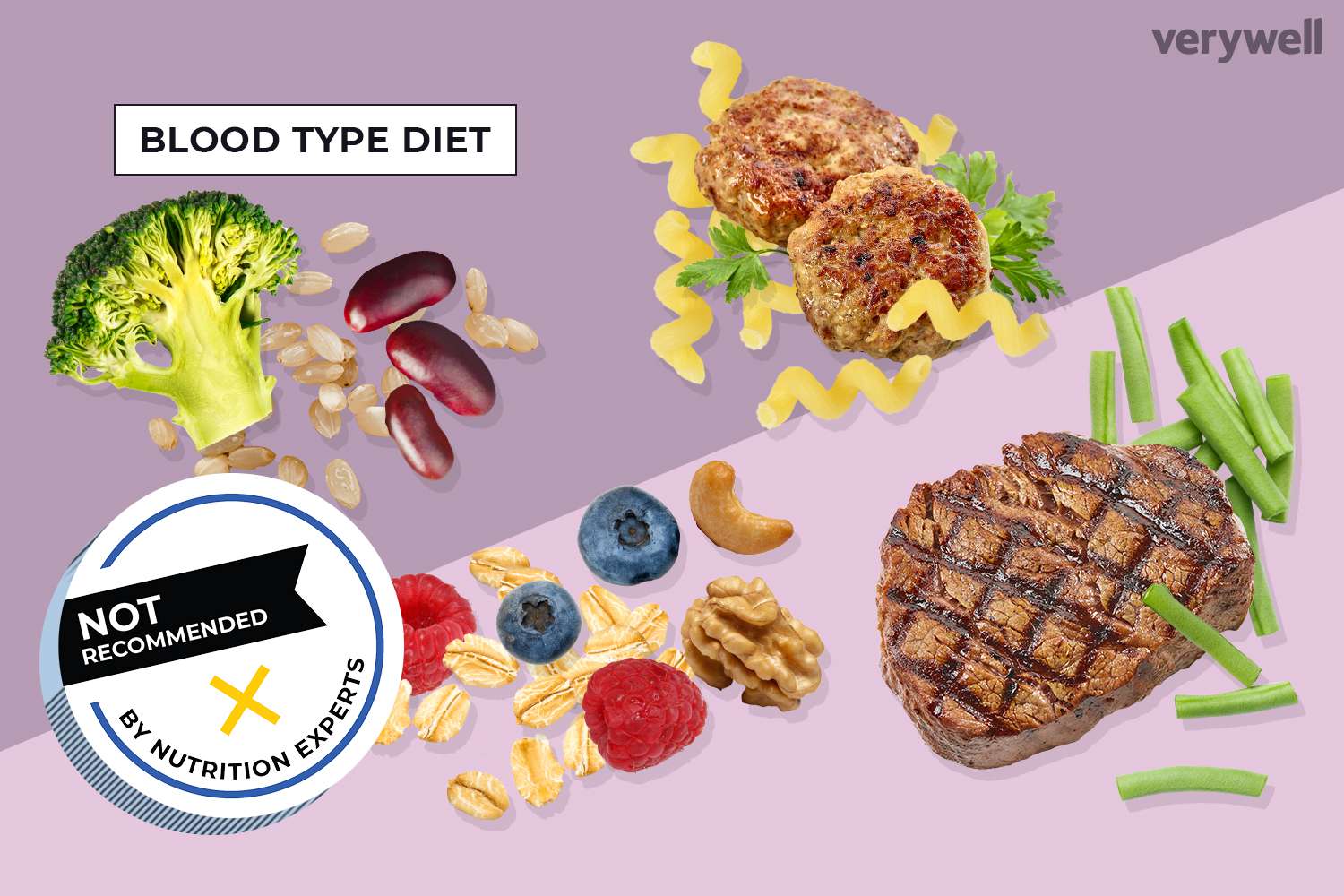The Carnivore Diet typically does not require calorie counting. The focus is on food quality.
The Carnivore Diet is known for its emphasis on animal-based foods, with little to no plant-based foods included. This high-protein, moderate-fat diet aims to promote weight loss and overall health by eliminating carbohydrates and processed foods. Although calorie counting is not typically necessary on this diet, ensuring a proper balance of protein, fats, and overall food quality is key to achieving desired outcomes.
By prioritizing nutrient-dense animal products, followers of the Carnivore Diet aim to optimize their health and well-being through natural, whole foods.

Credit: healthhomeandhappiness.com
Understanding The Carnivore Diet
The Carnivore Diet is a dietary approach that focuses solely on animal products. This means followers of the diet consume only meat, fish, and animal-derived products and avoid all plant-based foods. Supporters of the Carnivore Diet claim that it can lead to weight loss and improved overall health. However, critics argue that the diet lacks essential nutrients and may pose health risks in the long term. Therefore, it’s important to consult a healthcare professional before making significant dietary changes. As with any diet, it’s essential to understand the potential benefits and risks before choosing to follow the Carnivore Diet.

Credit: www.nourishwithkristin.com
Caloric Intake On The Carnivore Diet
On the carnivore diet, there is no strict caloric limit, as the focus is on consuming mainly animal products. However, it is important to listen to your body’s hunger cues and eat enough to meet your energy needs for weight maintenance or loss.
| Caloric Intake on the Carnivore Diet: |
| Do Calories Matter on the Carnivore Diet? |
| How Many Calories Should You Eat on the Carnivore Diet? |
| How to Track Your Caloric Intake on the Carnivore Diet |
The Carnivore Diet focuses on consuming nutrient-dense animal foods while minimizing plant-based products. While calorie counting isn’t a primary focus, individual caloric needs can vary based on factors like age, weight, and activity level. Many find success on the diet without meticulously tracking calories, relying on hunger cues instead. However, for those looking to manage weight or address specific health goals, tracking caloric intake can be helpful. To determine your ideal caloric intake on the Carnivore Diet, consider consulting with a healthcare provider or nutrition specialist to tailor a plan that aligns with your needs. Tracking your food intake can provide insights into your eating habits and help fine-tune your diet for optimal results.
Macronutrient Composition On The Carnivore Diet
The macronutrient composition on the carnivore diet focuses on protein and fat, rather than counting calories. The emphasis is on consuming animal products such as meat, fish, and eggs to obtain sufficient nutrition without the need for calorie counting.
| Protein Intake on Carnivore Diet | Eat moderate to high amounts of protein to support muscle growth |
| Fat Consumption on Carnivore Diet | Consume ample healthy fats for energy and satiety on the diet |
| Carbohydrates on Carnivore Diet | Avoid carbohydrates completely as the diet is based on animal products |
What Foods To Eat On The Carnivore Diet
Animal-Based Protein Sources: When following the carnivore diet, focus on consuming animal-based protein sources such as beef, pork, chicken, and fish. These protein sources provide the essential nutrients your body needs.
Carnivore Diet Snacks: For snacks, consider options like pig skin, boiled eggs, jerky, cheese, tuna, and liver. These snacks are not only satisfying but also align with the principles of the carnivore diet.
Tips For Meeting Caloric Needs On The Carnivore Diet
Meeting Caloric Needs on the Carnivore Diet:
When following the carnivore diet, it’s important to ensure you are getting enough calories to support your energy needs. However, unlike other diets that focus on counting calories, the carnivore diet promotes a more intuitive approach. Rather than strictly tracking your intake, you can listen to your body’s hunger and fullness cues to determine how much to eat.
In addition, carnivore diet calculators can be used as a helpful tool to estimate your caloric needs. These calculators take into account factors such as age, body weight, and activity level to provide a general guideline for your daily calorie intake.
While the carnivore diet is often low in carbohydrates, it is important to focus on consuming enough protein and fat to meet your energy needs. Foods such as eggs, fish, pork, beef, and poultry are rich sources of protein and fat that can help you reach your caloric goals.
Overall, listening to your body and using carnivore diet calculators can help ensure you are getting enough calories on the carnivore diet to support your energy needs.

Credit: www.athleticinsight.com
Frequently Asked Questions On How Many Calories On Carnivore Diet
Do I Need To Count Calories On Carnivore Diet?
On a carnivore diet, counting calories is not necessary for weight loss and health benefits.
How Many Calories Should I Eat On A Carnivore Diet To Lose Weight?
For weight loss on a carnivore diet, aim for calorie intake based on individual needs and activity levels.
Is Carnivore Diet High Calorie?
Yes, the carnivore diet is high in calories due to its focus on animal products.
How Much Weight Can You Lose On The Carnivore Diet In 30 Days?
On the carnivore diet, the amount of weight you can lose in 30 days varies depending on factors like your starting weight and metabolism. However, many people report significant weight loss due to the high protein and satiating nature of the diet.
Conclusion
Considering the unique nutrition of the carnivore diet, it’s crucial to understand the impact of calorie intake. By focusing on real, high-quality animal products, you can achieve satiety and meet your nutritional needs without strictly counting calories. Embracing this diet’s metabolic benefits can lead to optimal health and weight management.











